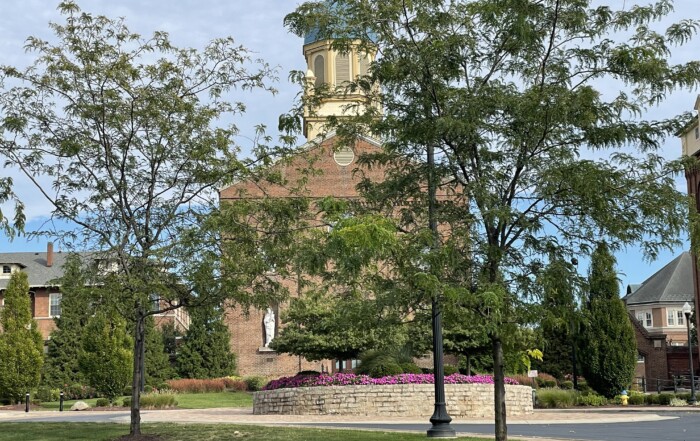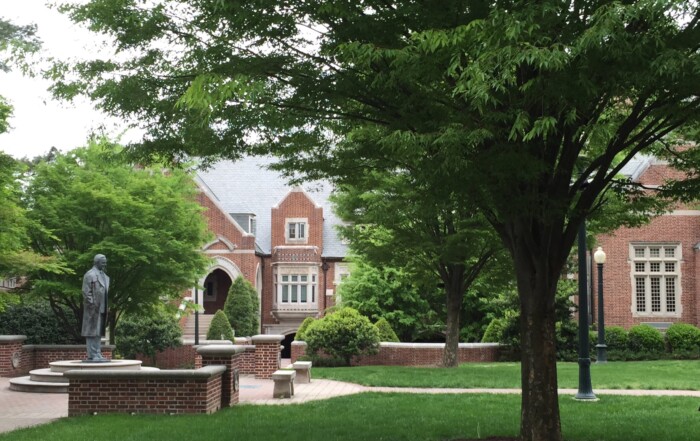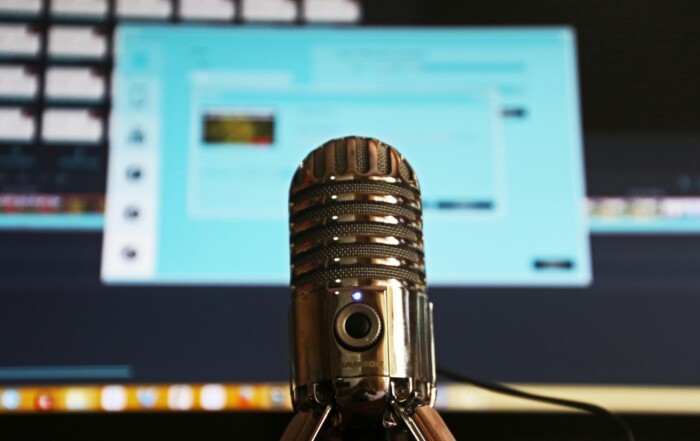College Admissions Tips and Guidance
Contacting a College Coach – Advice for the Prospective Student Athlete
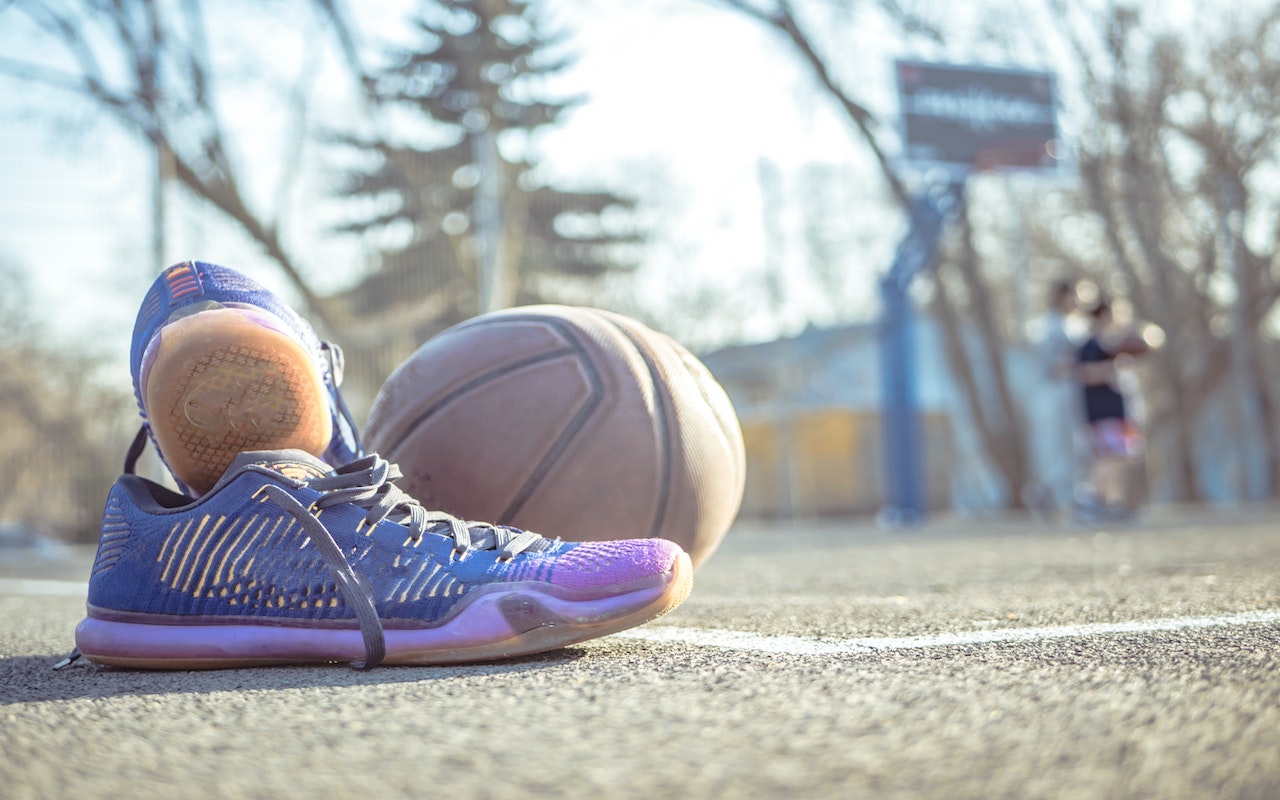
Explore Our Articles
Recent Posts
Popular Categories
Get In Touch
On Social
By Phone or Text
(617) 734-3700
By Mail or Email
1678 Beacon Street
Brookline, MA 02445
By Form
Educational Advocates
Our objective is to guide the family in finding options where the student will not only get admitted, but thrive and find success once on campus.
Contacting a College Coach – Advice for the Prospective Student Athlete
High school athletes devote many hours to their sport, and those who have been standouts on their teams or in their league may want to consider being college athletes. One of the biggest myths about college athletics is that coaches will find you if you are truly talented. Nothing could be further from the truth. College coaches are busy, and in an era of budget cuts, they cannot always travel to scout out potential recruits. Students need to do their research, not only regarding their ability to play on a college team but also to determine if the college is a good fit both academically and socially.
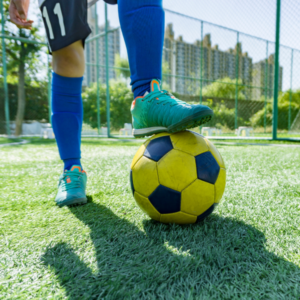 Research the College—Not Just the Sport
Research the College—Not Just the Sport
Matt Noone, head coach of the Babson College baseball program, advises students that their sport must be very important to them due to the significant time commitment and work they will need to put into being a college athlete. At Babson, it is essential that the student not only be deeply interested in the sport but also be academically eligible and a good match for a Babson education.
“The best recruits are those who initially contact us and have done their research,” explains Coach Noone about the recruiting process. “Because baseball is a spring sport, we must be able to see prospective athletes in the spring of their junior year or the summer following junior year. By the high school senior year baseball season, the college recruiting process is over.”
When and How to Contact a Coach
Knowing when and how to contact college coaches is essential for student-athletes who want to get recruited. Emailing coaches can be a great way to introduce yourself, express your interest in their program, and stay in touch as you progress through the college recruiting process. It’s important to understand how to communicate effectively and appropriately so that you make a positive impression. Students can also follow coaches on Twitter and Instagram, and eventually communicate through these channels. It is essential that the student have appropriate content on social media and be sure to include images and information about their sport, team, and performance.
While the very best athletes might begin contacting coaches as early as freshman and sophomore years (though NCAA rules may prevent them from responding), junior year is an ideal time for most athletes to contact college coaches.
In the introduction email to the college coach, the student expresses interest n the college and the sport, and provides GPA, SAT/ACT scores (if submitting), and a brief athletic background in the email itself or by including a link to an athletic resume. According to Coach Noone, a video can be a nice introduction and may be a potential motivator for him or a member of his coaching staff to get out to see the player perform.
“Students don’t need to send an elaborate video. Footage taken with a simple video camera is sufficient,” says Noone.
However, video is no substitute for a coach actually seeing the prospective athlete perform, at least for sports where the athlete does not have measurable statistics the way runners and swimmers do. Noone says that no coach will add a student to their roster based on viewing video alone. Therefore, once students establish an initial rapport with the coach via email, they can email the coach a schedule of their contests (for their high school, club and summer leagues). So a pitcher, for example, should list the days he expects to start and should notify the prospective coach if there is a change in his schedule. If the coach is interested, he can come out and see the student’s game.
Athletes in sports such as running and swimming do not always need to be seen to be recruited as they can provide their personal records in their events. Coaches also want students to complete the prospective athlete recruiting form which can be found on the athletic pages on the college website for their particular sport (some D. 1 programs do not offer these).
 NCAA Rules
NCAA Rules
There are rules that govern how and when college coaches can contact prospective student-athletes and they vary by NCAA Division as well as by sport. A coach can send you recruiting materials by mail and reply to an email but cannot contact you by phone until after a certain point in your junior year. Students may unofficially visit the coach at the college campus, but the coach may not have off-campus contact with the student until certain time periods. For a complete review of recruiting rules, download the NCAA Guide for the College-Bound Student-Athlete.
Showcase Tournaments
Another way that college coaches can see students perform is at showcase tournaments, which are offered throughout the country for many sports. However, because participation in such events can be costly, it is important that students be sure about which college coaches are attending the event, and if they are likely to show up. A showcase might be a good idea for a student who lives in Boston but is interested in a college at a geographic distance such as one in California. If the California coaches can confirm that they will be attending a given showcase, then it might be worth the investment. Some colleges also sponsor camps or single-day events as a way to evaluate student-athletes. However, if a coach invites a student, it does not necessarily mean they are interested–keep in mind that these camps are money-makers for the college and the program.
Making the Team
Prospective student-athletes should be aware that they can be recruited by a college, and still not end up starting or even making the team once they matriculate. Many coaches hold tryouts in the fall for recruits, returning players, and walk-on athletes. The coach will go with the best performers, so a talented walk-on athlete could potentially take the place of an athlete who was recruited the previous fall. This is another reason that the student must like the school beyond the sport. If students pursue a school where they are one of the weaker players on the roster, they risk not ending up on the team. If playing a sport in college is a top priority for the student-athlete above all other criteria, then students must do a careful self-evaluation of how their talent and ability truly fit in with the players on the current roster before committing to a college.
The Admissions Process
When it comes to applying, many coaches will ask student-athletes to apply for Early Decision, which is a binding agreement under which a student pledges to attend the college if admitted. In this post, we take a closer look at the admission process for student-athletes and how it differs between divisions and leagues and will explain approaches such as the National Letter of Intent, the likely letter used by the Ivy League, and the ways in which coaches can and cannot advocate for student-athletes in the admissions office.

